New England's unpredictable weather, including heavy snowfalls, icy roads, torrential rains, and thick fog, creates hazardous driving conditions throughout the year. These challenging elements raise an important question: How does weather impact car accident liability?
At Kiley Law Group, we've seen firsthand how weather-related crashes complicate legal claims. If you've been in an accident during bad weather, it's crucial to understand how liability is determined and what your options are for pursuing compensation.
While bad weather can contribute to an accident, it doesn't automatically excuse a driver from responsibility. In Massachusetts, New Hampshire, and across New England, car accident liability is primarily based on negligence. This means that if a driver fails to exercise reasonable caution given the road conditions, they can still be held liable.
For example, if a driver is traveling too fast for icy conditions and rear-ends another vehicle, they can still be at fault, even if the ice contributed to the crash. Courts and insurance companies assess whether the driver took appropriate precautions, such as:
Failing to take these precautions can result in a driver being found negligent, even if the weather played a role in the accident.
Massachusetts follows a modified comparative negligence rule, meaning a driver can still recover damages if they are less than 51% at fault for the accident. However, their compensation is reduced based on their percentage of fault.
For instance, if a driver is found 20% responsible because they were going slightly too fast for snowy conditions but the other driver was 80% at fault for running a red light, the first driver could still recover 80% of their damages.
This is why having an experienced attorney on your side is essential. The team at Kiley Law Group will work to ensure the fault is properly assessed so you can recover the compensation you deserve.
Similar to Massachusetts, New Hampshire follows a modified comparative negligence rule. In the Granite State, a driver can recover damages as long as they are not more than 50% at fault for the accident. If a driver's fault exceeds 50%, they are barred from recovering any compensation.
For example, consider a scenario where a driver is found to be 40% responsible for an accident because they were driving slightly too fast for snowy conditions, while the other driver is 60% at fault for failing to yield. In this case, the first driver could recover 60% of their total damages. However, if the first driver were found to be 55% at fault, they would be unable to recover any compensation under New Hampshire law.
This underscores the importance of having an experienced attorney who understands New Hampshire's comparative negligence laws. The team at Kiley Law Group is dedicated to ensuring that fault is accurately assessed, helping you pursue the compensation you deserve.
Insurance companies often try to use bad weather as an excuse to deny claims, arguing that conditions, not their policyholder's negligence, caused the accident. However, just because roads were slick or visibility was low doesn't mean another driver wasn't responsible.
If you're dealing with an insurance dispute after a weather-related crash, Kiley Law Group can help push back against unfair claim denials and fight for your rights.
If you're involved in a car accident during bad weather, take these steps to protect yourself and strengthen your claim:
If you've been in a car accident during bad weather in Massachusetts or New Hampshire, you don't have to navigate the legal process alone. At Kiley Law Group, we have over 50 years of experience helping accident victims get the compensation they deserve. We know how to counter insurance company tactics and prove liability, even in complex weather-related cases.
Call us today at (978) 965-3228 or visit tomkileylaw.com to schedule a free consultation. Let us fight for you while you focus on recovery!

